Mainland, Macao scientists reach milestone with launch of space satellite as the SAR’s State-backed laboratory aims to build up technologies for the nation’s inaugural manned lunar mission slated before 2030.
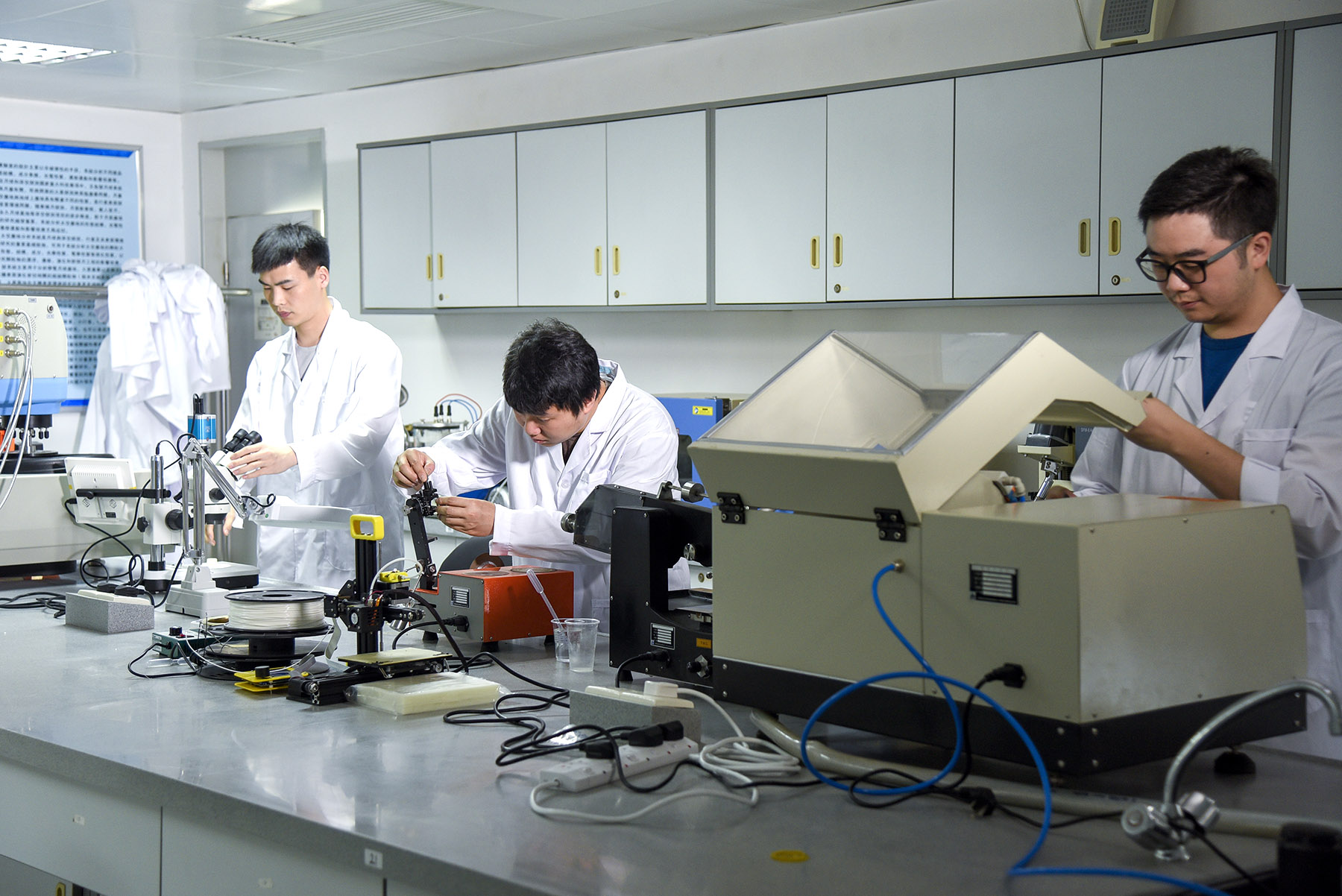
From about 500 kilometers above Earth, a satellite bearing the name “Macao” orbits, gathering crucial data on the magnetic field and space environment over the South Atlantic.
Macao Science 1, launched in May 2023, is the product of collaboration between scientists from the Chinese mainland and the Macao Special Administrative Region.
The laboratory’s successful operation dispels the stereotype that Macao’s small land size and less intense academic atmosphere are barriers to scientific research.
Zong Qiugang, director of the State Key Laboratory of Lunar and Planetary Sciences at Macau University of Science and Technology and chairman of the university’s Space Science Institute
Scientists at the State Key Laboratory of Lunar and Planetary Sciences, operating under the Macau University of Science and Technology — one of the satellite’s developers — are analyzing the data collected to advance geomagnetic scientific research, resource exploration, magnetic field navigation, space environment monitoring and other projects.
The laboratory, established in 2018 with the approval of the Ministry of Science and Technology, is the sole State key laboratory specializing in astronomy and planetary sciences.
READ MORE: Mainland, Macao jointly promote aerospace development
With more than 100 members, including 40 academics from top-tier research institutions worldwide, the facility supports eight research groups and a high-performance computing center. Its research focuses on the planetary environment and habitability, planetary formation and evolution, as well as aspace and surface exploration.
The launch of Macao Science 1 marks not only a milestone in the Macao SAR’s pursuit of scientific advancement; it has elevated the laboratory’s standing in the broader scientific community. Lab Director Zong Qiugang says the satellite is key to opening the way to “what his team really desires”.
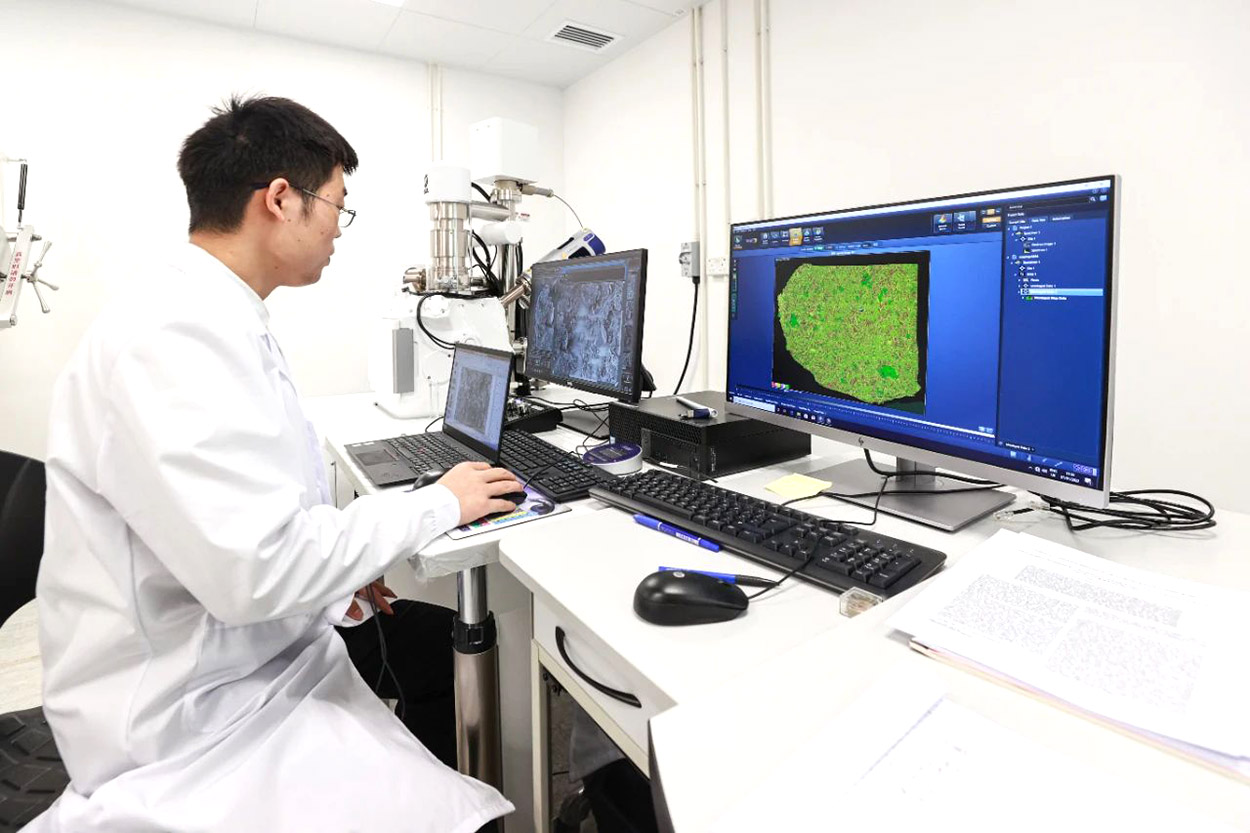
“Our ultimate destination is the moon,” says Zong, who also chairs MUST’s Space Science Institute.
Building on its rich experience with unmanned lunar missions, the lab is now broadening its focus to include developing technologies for the nation’s inaugural manned lunar mission, slated to be launched before 2030, according to the preliminary national plan announced last year.
In space exploration, Zong and his team emphasize that collaboration is vital, with Macao’s unique position as a cultural crossroads playing a part. “It (a moon landing) cannot be achieved by a single university or even a country alone,” he says.
The laboratory has been actively engaging in exchanges and cooperation with researchers at home and abroad. Domestically, the facility benefits from a vibrant research ecosystem within the 11-city cluster Guangdong-Hong Kong-Macao Greater Bay Area. Its partners include the University of Hong Kong, Sun Yat-sen University in Guangzhou and Southern University of Science and Technology in Shenzhen.
On the global stage, the laboratory joins forces with research institutions and invites overseas scientists to Macao for academic exchanges. Such engagements have received an enthusiastic response from the lab’s international counterparts, helping to polish up its world brand.
According to Zong, the number of applications to join the laboratory has gone up this year. So far, it has admitted 15 doctoral and about 80 master’s students — almost reaching its enrollment quota.
To meet the growing passion among young students for space research, the laboratory plans to introduce undergraduate courses to nurture the next generation of space researchers. Zong hopes it can attract more overseas students, especially those from Europe and North America.
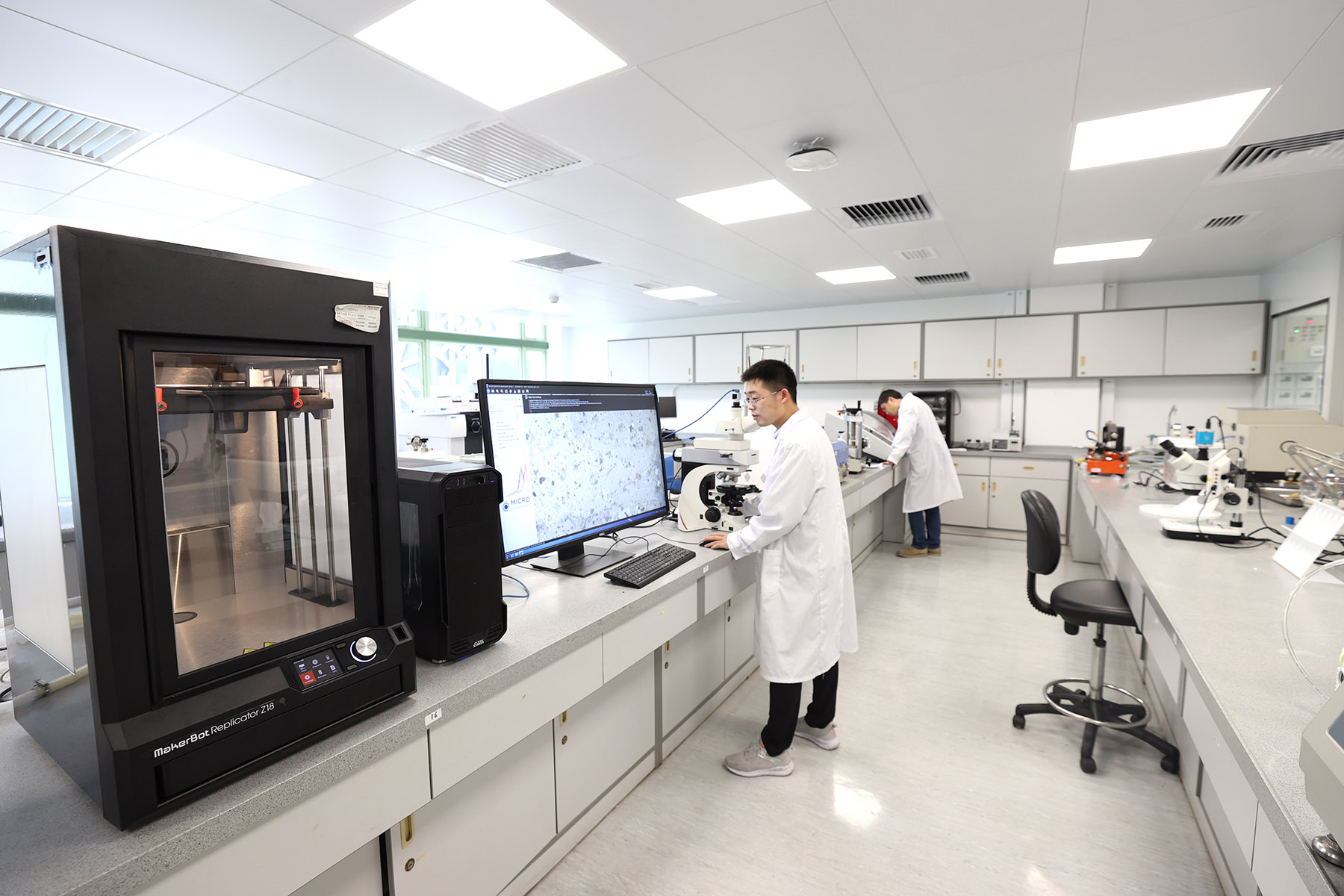
A solid foundation
Zong credits the laboratory’s accomplishments to MUST’s proactive and longstanding involvement in the national space industry, as well as the country’s support of scientific research development in Macao.
The university has been a pioneer in deep space and lunar explorations since 2005, initiating partnerships with mainland laboratories. At that time, its computer science department was equipped with technologies to merge numerous lunar images into a comprehensive topographical map of the moon, securing its position as a leader in the field in the country.
Zong says there has been strong and enthusiastic support from the community for scientific exploration, helping to lay a solid foundation for deep space research at MUST. For example, Macao’s relaxed entry requirements have made it easier for seamless academic exchanges, allowing scientists worldwide to collate and exchange ideas — a vital element for advancing scientific research — says Zong.
Macao’s closer ties and smoother communication with the Western world, coupled with its appeal to talent from Southeast Asia and the Taiwan region, have further enhanced its research environment. Moreover, sustained efforts to popularize and promote the deep space and aerospace sectors have nurtured strong community interest in these fields, he says.
Last year, the laboratory welcomed more than 160 groups from various sectors, averaging one visit every two days. It also opens its doors to students during holidays, satisfying their curiosity about space.
All these efforts are in line with the nation’s high expectations for Macao’s active involvement in significant scientific research projects, as shown by the laboratory’s establishment and Macao’s inclusion in the selection process for the fourth batch of taikonauts.
“The laboratory’s successful operation dispels the stereotype that Macao’s small land size and less intense academic atmosphere are barriers to scientific research,” says Zong.
Beyond its renowned gaming industry, Macao has the potential to nurture scientific research and its people are fully capable of pursuing scientific endeavors, he says, citing the case of Tang Chi-pui — a Macao-born assistant professor specializing in cosmochemistry — who has served as one of the lab’s three assistant directors, offering his expertise in meteorite and first-principles calculation.
Tang’s immense passion for scientific research has encouraged his younger brother, Tang Chi-long, to join the laboratory, where he focuses on studying solar flares.
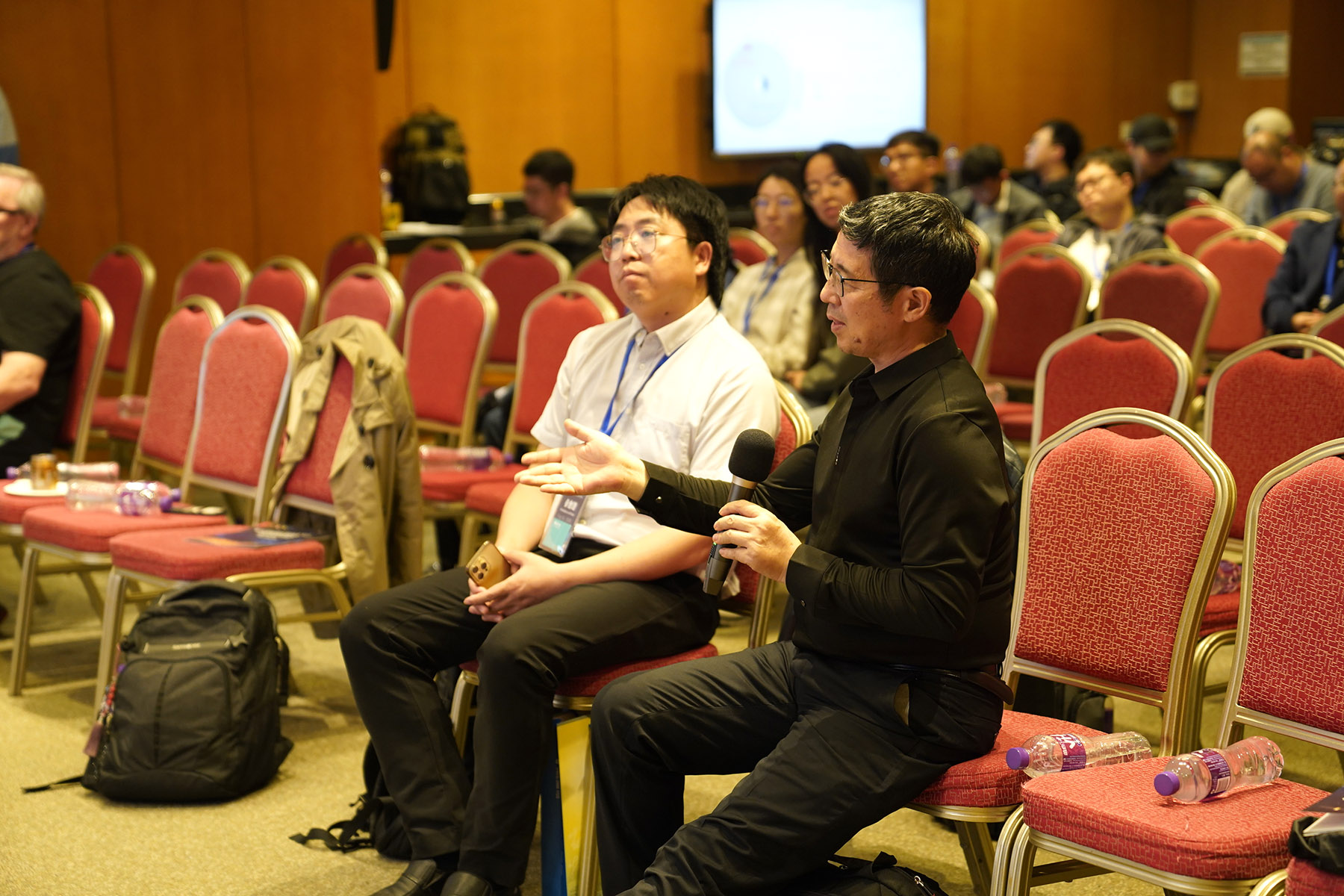
New challenge on talent
Despite Macao’s impressive accomplishments and promising prospects, Zong stresses that it is important to attract talent amid growing competition from nearby regions, especially the mainland and Hong Kong.
Narrowing the socioeconomic gap between the mainland and Macao has, in a way, reduced Macao’s attractiveness, he admits, noting that the mainland and Hong Kong have continued to strengthen their talent attraction programs to cater to the needs of various professionals, as well as overseas research institutions that offer competitive remuneration packages.
Macao must step up investments to attract and retain top-tier professionals. “Developing technology and fostering diversified industries are powerful drivers for the economy, propelling the entire society forward,” says Zong.
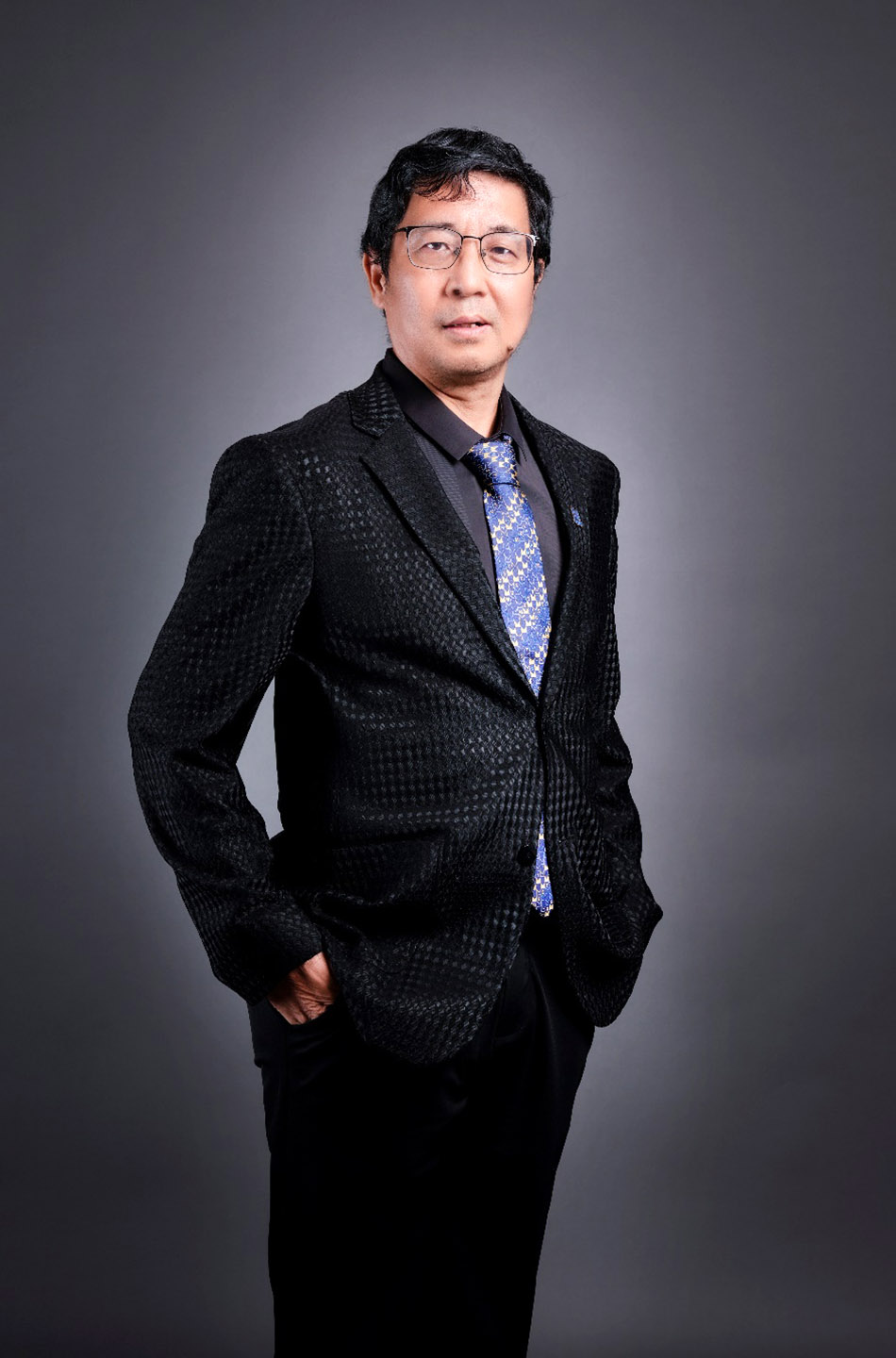
Besides luring talents, it is equally crucial to retain them by ensuring sufficient academic freedom to support their long-term commitment to the city.
On the other hand, frequent cross-boundary exchanges can also boost efforts to attract talent. Leading researchers in the Greater Bay Area can now apply for multi-entry visas to Macao and Hong Kong, enabling them to have more frequent exchanges with scientists in the two SARs. Zong hopes such policies can be expanded nationwide in the future.
If top scholars from all over the country can visit Macao and Hong Kong freely, they can collaborate with local institutions and experience the unique academic atmospheres in both cities. Such opportunities can be an incentive for them to stay in the two regions and embark on new professional journeys.
ALSO READ: Faculty, students in Macao praised for satellite project
Born and raised in a remote rural village in landlocked Jiangxi province, Zong ascended to the forefront of space science with unwavering determination and decades of relentless efforts.
Understanding the arduous nature of the scientific research path, Zong often reminds his students that, with their basic needs met, they should not squander their passion for scientific research and intellectual potential.
“While standing on solid ground and dedicating yourselves to hard work, don’t forget to gaze at the starry sky, where the vast space awaits you to showcase your limitless wisdom and creativity,” he says.


